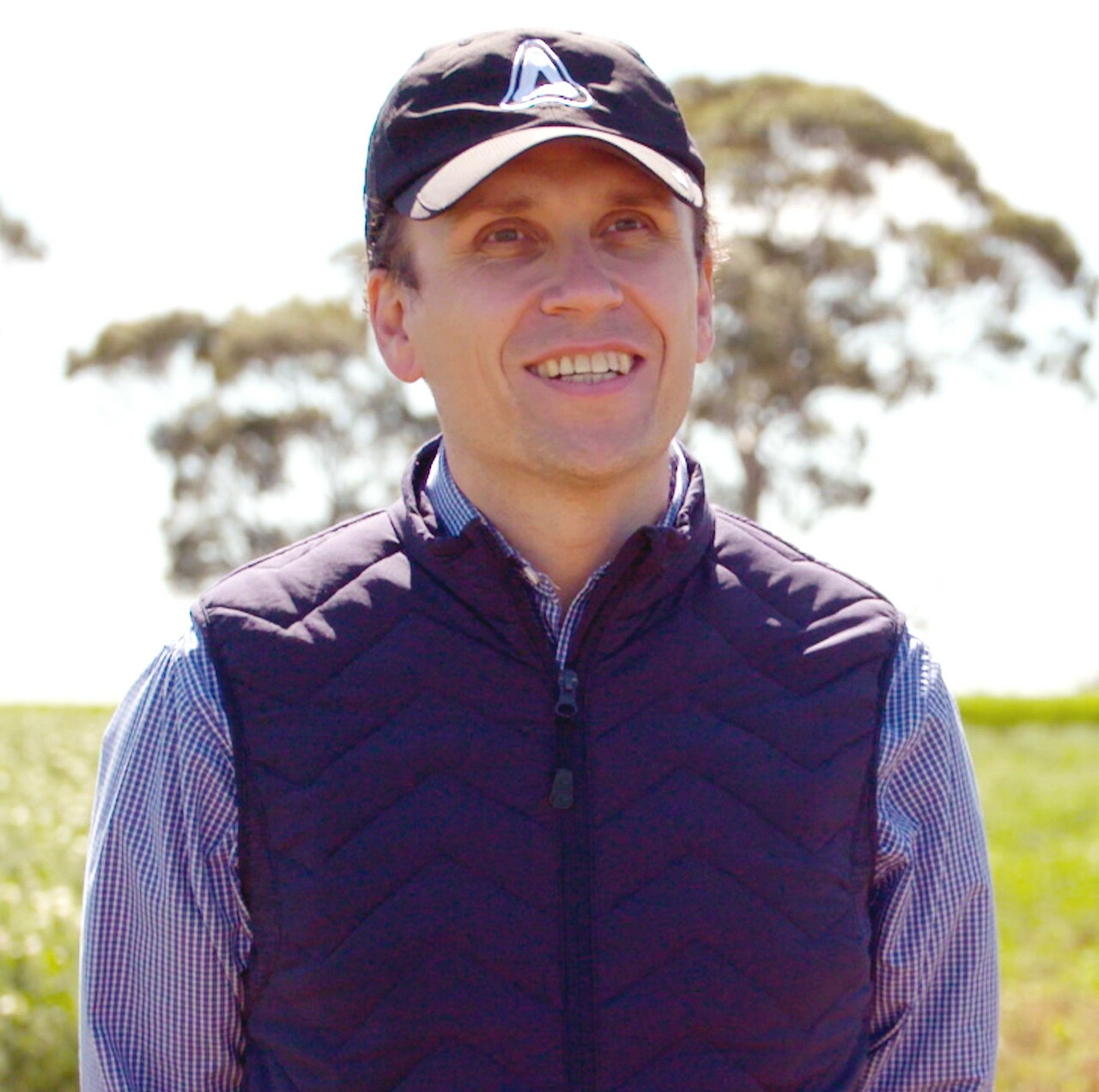
Celebrating 10 Years as Adama

IN a time of significant change for the crop protection industry, the development of new formulation technologies and related differentiated product options by global supplier, ADAMA, has been lauded and is set to continue to help navigate the future.
Pesticide resistance is an ongoing issue for the sector, however increased regulatory, environmental and social pressures, particularly applied to the fresh food industry, will influence the use of existing chemistry and enhance the reliance on these latest technologies.
Celebrating 10 years for the ADAMA brand in the local market this season, following a solid earlier heritage as Farmoz, CEO of the Australian business, Steve Scott, traced the recent pathway to providing an impressive pipeline of differentiated products.
“For the Australian market, simply offering off patent chemicals was not the future for ADAMA,” Steve said
“Our growth in differentiated products has been the result of our core focus to provide as much value as possible to Australian growers and resellers.”
ADAMA Australia has strong representation across the country, with many of the team based in rural areas and being members of farming communities, which has allowed greater understanding of local issues and development of strong relationships.
“Our team lives and breathes the local perspective and, as a result, it has developed really trusting relationships with our reseller partners and advisers,” Steve said.
“During the transition from Farmoz to ADAMA, this has changed our customer perception to now being one of the key players in the local agrochemical industry.”
Together with strong development in new ADAMA formulations for the local market, and their welcoming effectiveness, this has accelerated business growth.
Access to a solid base of active ingredients has helped develop about 150 products in the ADAMA Australia stable, supporting a range of crops within the broadacre, cotton and horticultural segments.
“In addition to our formulation innovations, our extensive portfolio of active ingredients is instrumental in enabling us to create differentiated mixtures. Our ongoing screening trials, conducted at various global locations, have already yielded promising concepts aimed at minimising resistance development, broadening the spectrum of activity, and providing longer-lasting control to reduce the need for frequent applications,” Steve said.
A focus on local solutions for local problems, whilst drawing on the company’s global strength, has shaped much of the product development generated by the Australian team, and which features various co-formulations of active ingredients as well as higher concentrate formulations designed to also benefit the environment.
“There are numerous cases where we have taken two active ingredients and brought life back into these products via a co-formulation and beneficial synergy for the market,” Steve said.
“We look at robust co-formulations that meet the needs of the market with improved performance and demonstrated effectiveness, including for delaying the onset of resistance, and this has particularly occurred in the area of insecticides and fungicides.
“Our product development is also not just about combining active ingredients, it’s about introducing distinct advantages such as rainfastness, improved leaf penetration, ease of use and more, ultimately leading to enhanced efficacy. Absorbital technology in our Proviso® fungicide is a good example of this.”
ADAMA is currently advancing several next-generation formulation technology platforms, with a keen focus on key research areas such as mitigating spray drift, reducing agrochemical leaching into soils, using biodegradable polymers for targeted release and occupational safety, and enhancing agrochemical use efficiency to reduce overall usage.
Some of ADAMA Australia’s co-formulated products that have had a strong impact in the market include Quadrant® herbicide, Trivor® and Pyrinex® Super insecticides, and Radial® Opti® and Veritas® Opti fungicides, while it also has introduced unique new active ingredients like fluensulfone in its Nimitz® nematicide.
Notable high-load products have included Soprano® 500 fungicide, offering significantly increased concentration of epoxiconazole, plus RX-380™ growth regulant.
“Our team has been conscious of the volume of manufacturing, plastic, transport and handling required by the industry and its environmental impact, and this has driven our concentrated formulations development that has been well recognised,” Steve said.
“We are a global leader in this technology, with near 30 high-load brands and more on the way.”
In recent years, ADAMA Australia’s high-load development has reduced product volumes by a significant 10.8 million litres, also with less use of solvents and other formulation components. This has resulted in extensive benefits including fewer drums, caps, labels, trucks on the road and pallets, as well as reduced handling and exposure for retail partners and growers.
In terms of the environmental impact, it has amounted to considerably less plastic, truck greenhouse gas emissions and timber for pallets, and also a significant reduction in manufacturing emissions and sea freight.
Steve said the reduced volume also had lowered the company’s energy and water consumption, plus reduced the amount of waste requiring management.
The increased strength of the ADAMA Australia business in recent years and its great support through to reseller partners has been well recognised, including by South Australian National Rural Independents (NRI) agent, Cleve Rural Traders, on the State’s Eyre Peninsula.
The rural merchandise and agronomy business supports growers in a region from Cowell down toward Tumby Bay, up to near Lock and over to Darke Peak in the region.
Established in 2001, Cleve Rural Traders has continued a strong relationship with the earlier Farmoz and recent ADAMA Australia team in concert with its own dramatic growth.
“Following some management changes and development with our team, our business increased significantly during the heart of covid and ADAMA was a great support to the business,” said Managing Director and Agronomist, Sarah Meyer.
“Now through Charlie Sutton, ADAMA continues to show great support with our trial days and grower days. We have a pre-emergence trial walk, or a winter walk, followed by a spring trials field day in September, and ADAMA also has supported our annual golf day and a recent grower study tour to Victoria.”
Sarah said the ADAMA Australia brand was now recognised as a significant player in the local crop protection industry.
It has been a similar story with Victorian AgLink member, Western AG, which has stores throughout the Western District, North East and Wimmera regions of the State, as well as in the South East of SA.
Ashley Miller, Business Manager – Operations with Western AG and an AgLink Board Member, said the relationship with ADAMA Australia had grown stronger throughout its journey so far.
“ADAMA has been a great supporter of our business since our early establishment,” Ashley said.
“Including the likes of Al (Alistair) Crawford, the ADAMA team is highly experienced and has great technical knowledge, which has been extremely valuable for our own agronomy team and our business overall.
“What also stands out is that the company is just easy to do business with. They are committed to our business needs and flexible, which suits the requirements of our business.”
He said ADAMA Australia’s support towards Western AG’s local research trials, evaluating new technology, was important and also highly appreciated.
Media Contact:
Holly Trimby | Marketing Campaign Manager | D: 0473 210 903 | E: holly.trimby@adama.com
